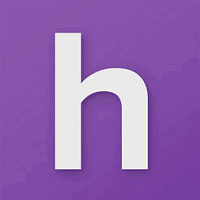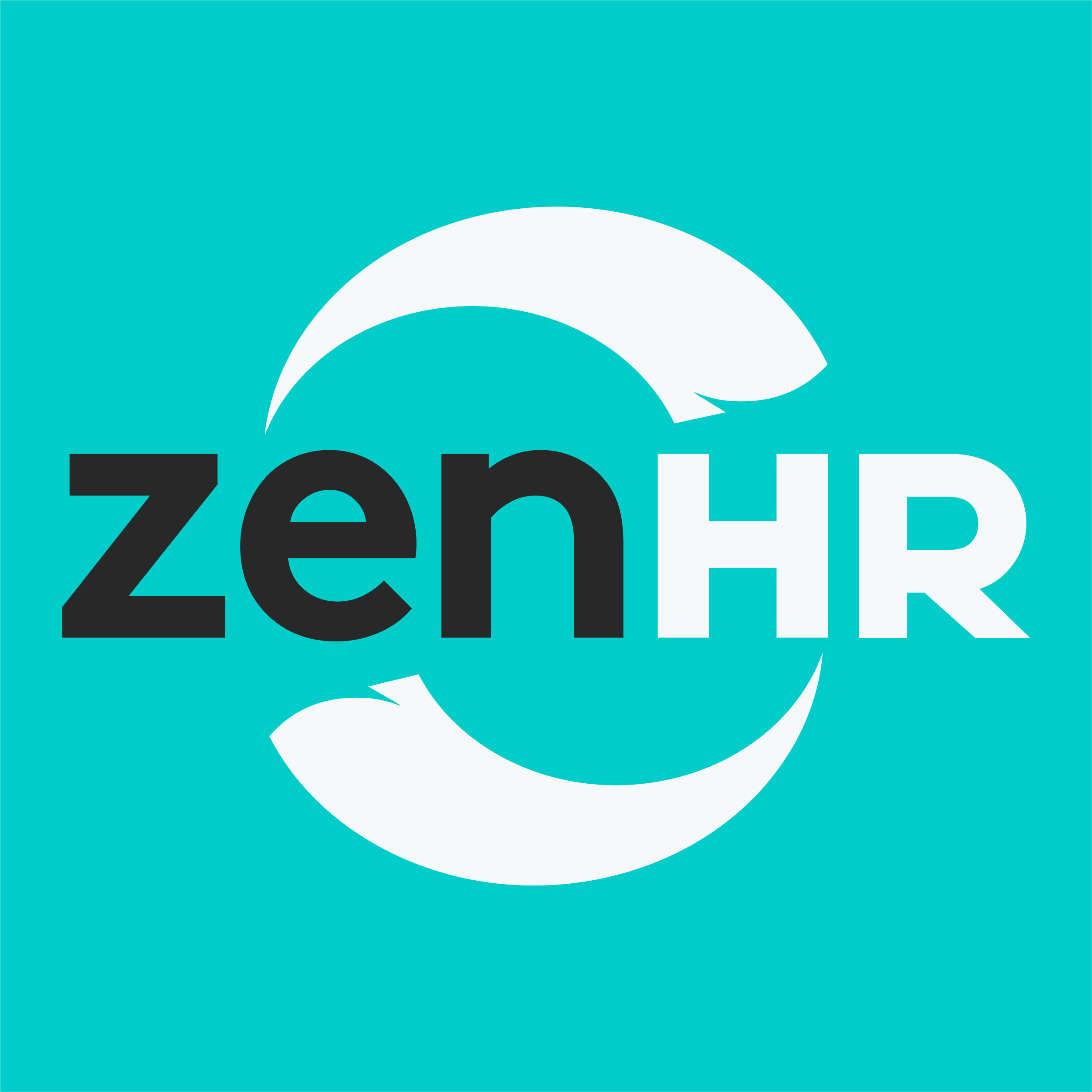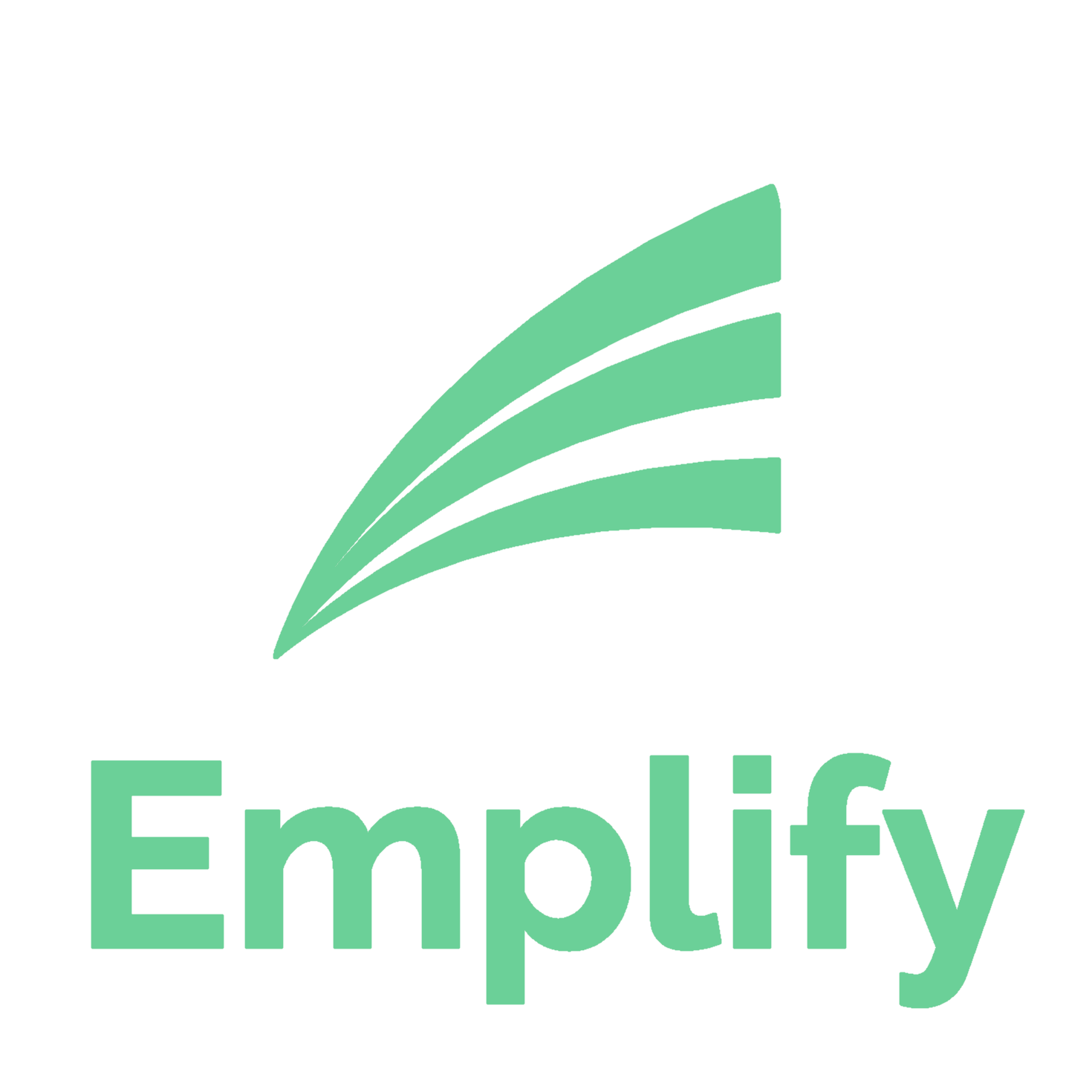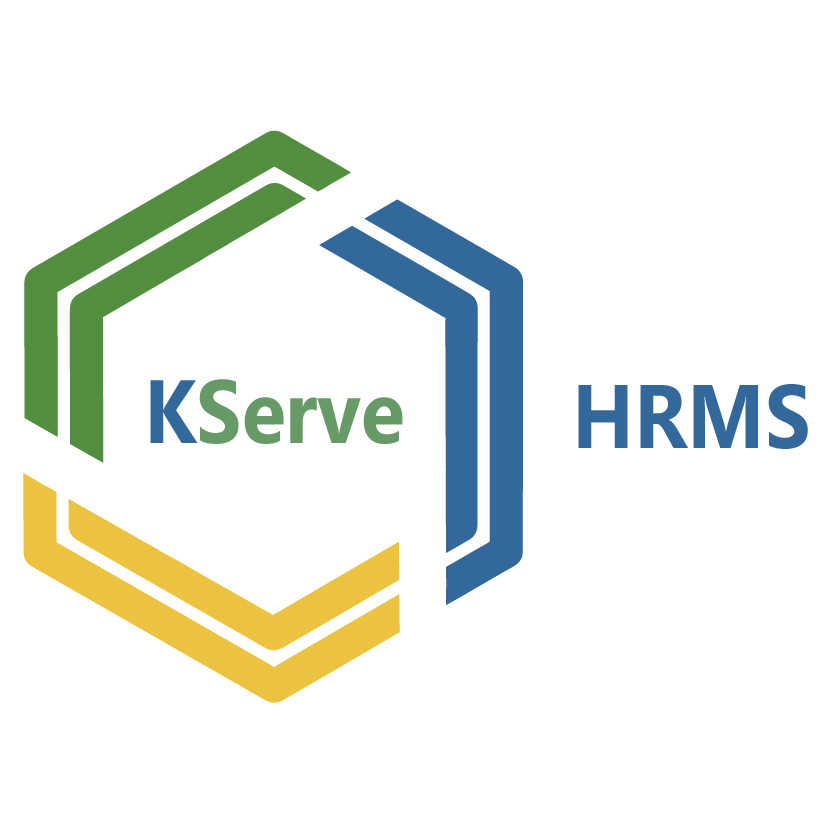Description

Homebase

ZenHR
Comprehensive Overview: Homebase vs ZenHR
Homebase and ZenHR are both popular human resources and workforce management software solutions, but they cater to different needs and markets. Here’s an overview:
Homebase
a) Primary Functions and Target Markets
- Primary Functions: Homebase is primarily a workforce management tool designed for small to medium-sized businesses. It offers functionalities like employee scheduling, time tracking, team communication, payroll management, and hiring tools. It is specifically intuitive for managing hourly workforces.
- Target Markets: The primary target market for Homebase includes retail, restaurants, hospitality, and other service-based industries that rely heavily on hourly employees. Its tools are well-suited for managers and business owners who need to streamline and simplify the day-to-day management of their staff.
b) Market Share and User Base
- Market Share and User Base: Homebase is highly popular within the United States among SMBs, especially in the service sector. As of recent reports, it continues to expand its reach due to its user-friendly interface and cost-effective packages. However, precise market share details are not publicly disclosed, but it is clear that Homebase is a leading solution for workforce management among hourly workers in the U.S.
c) Key Differentiating Factors
- User-Friendly Interface: Homebase is known for its ease of use, which is crucial for managers who might not be tech-savvy.
- Cost-Effectiveness: Offers a range of free features with optional paid features, making it accessible for small businesses.
- Integrations: Has strong integrations with POS systems and payroll services, making it easy to incorporate into existing workflows.
- Focus on SMBs: Designed specifically with small and medium-sized businesses in mind, which means their features and customer support are tailored to these needs.
ZenHR
a) Primary Functions and Target Markets
- Primary Functions: ZenHR provides comprehensive HR software designed to automate and streamline human resources functions. It offers features like recruitment and onboarding, attendance tracking, performance management, payroll processing, and employee self-service.
- Target Markets: ZenHR targets medium to large enterprises and focuses heavily on the Middle East and North Africa (MENA) region. It caters to various industries, providing scalable solutions that can handle complex HR needs.
b) Market Share and User Base
- Market Share and User Base: ZenHR is a leading HR software provider within the MENA region, widely recognized in markets like Saudi Arabia, the UAE, and Egypt. The user base primarily consists of medium to large enterprises, with a growing presence as businesses in the region are increasingly adopting digital HR solutions. Exact market share figures aren't publicly stated, but its prominence in the MENA region is well noted.
c) Key Differentiating Factors
- Regional Focus: Provides solutions that cater specifically to the MENA region, considering regional labor laws and practices.
- Comprehensive Features: Includes a full suite of HR tools that support larger organizations with complex HR needs.
- Customization and Flexibility: Offers tailored solutions to meet specific organizational needs, making it adaptable to different business requirements.
- Support and Compliance: Provides strong support services and ensures compliance with regulations pertinent to the regions it serves.
Overall Comparison and Differentiation
- Regional Focus vs. Industry Focus: Homebase focuses on small businesses in the U.S., particularly in sectors with hourly workers, while ZenHR is more for larger enterprises in the MENA region.
- Ease of Use vs. Comprehensive Features: Homebase is known for its simplicity and ease of use, ideal for small businesses, whereas ZenHR offers more comprehensive functionalities suited for more complex HR environments.
- Pricing and Accessibility: Homebase offers scalable pricing models starting with free tiers, appealing to smaller firms, while ZenHR's solutions are more suited for larger budgets and bigger organizations.
Each platform, therefore, serves unique segments with tailored solutions, demonstrating that both have effectively identified and catered to distinct market needs.
Contact Info

Year founded :
1986
Not Available
Not Available
United States
Not Available

Year founded :
2017
+966 54 129 8521
Not Available
Saudi Arabia
http://www.linkedin.com/company/zenhr
Feature Similarity Breakdown: Homebase, ZenHR
When comparing HR management tools like Homebase and ZenHR, it's important to understand their core functionalities, user experience, and any unique offerings they might have. Here's a breakdown based on common knowledge about such platforms:
a) Core Features in Common
Both Homebase and ZenHR are designed to simplify HR management, particularly for small to medium-sized businesses. They generally include the following core features:
- Time Tracking: Both platforms allow employees to clock in and out, track hours, and manage schedules.
- Payroll Integration: They support integrations with common payroll systems to streamline financial management.
- Employee Management: This includes maintaining employee records, managing roles, and tracking performance.
- Scheduling: Both provide tools to create, manage, and share staff schedules.
- Leave Management: They allow employees to request leave and managers to approve or deny these requests.
b) User Interface Comparison
While specific UI details can vary with updates, we can generally compare these two platforms as follows:
-
Homebase: Known for its straightforward and user-friendly interface, Homebase is designed to be accessible even for users without a technical background. It usually features a clean design with intuitive navigation, making it easy for managers and employees to find information quickly.
-
ZenHR: Offers a more comprehensive interface, which could be slightly more complex due to its broader range of HR functionalities. It's often lauded for its modern design and customizable dashboards, which can provide a more personalized experience for users who need more data at their fingertips.
c) Unique Features
Each platform tends to have unique aspects that cater to different types of businesses or operational needs:
-
Homebase Unique Features:
- Team Communication: Built-in messaging tools for team communication and announcements.
- Hiring Tools: Basic tools for posting jobs and managing applications.
- Labor Law Compliance: Offers guidance and features to help small businesses comply with local labor laws.
-
ZenHR Unique Features:
- Advanced HR Analytics: Provides extensive reporting and data visualizations to help HR professionals make informed decisions.
- Localization: Strong focus on adapting the software to regional needs, particularly beneficial for companies operating in the Middle East.
- Comprehensive Onboarding: Offers detailed onboarding processes to integrate new employees effectively into the company.
These features make each platform suitable for different types of businesses and industries. Homebase is often preferred by smaller businesses looking for simplicity and ease of use, while ZenHR might be favored by companies requiring more robust HR features and analytics.
Features

Not Available

Not Available
Best Fit Use Cases: Homebase, ZenHR
Homebase
a) Best Fit Use Cases for Homebase:
- Small to Medium-Sized Businesses (SMBs): Homebase is particularly suited for small to medium-sized businesses that require a simple yet effective solution for employee scheduling, time tracking, and team communication. This includes retail shops, restaurants, cafes, and small service-oriented businesses like salons or cleaning services.
- Shift-Based Businesses: Companies operating with shift workers can greatly benefit, as Homebase is designed to streamline scheduling and manage shift changes seamlessly.
- Teams with Hourly Employees: Businesses with a significant number of hourly employees will find Homebase beneficial for tracking hours worked and ensuring accurate payroll through its time clock features.
- Multi-Location Businesses: Businesses with multiple locations can use Homebase to manage teams and schedules across different sites from a centralized platform.
ZenHR
b) Preferred Use Cases for ZenHR:
- Mid to Large-Sized Enterprises: ZenHR is more suited to medium and large enterprises that require comprehensive human resource management, as it offers a broader range of HR functions.
- Companies with Diverse HR Needs: Businesses that need more than just scheduling and time tracking, such as recruitment, onboarding, performance management, and payroll, will find ZenHR's full-suite HR capabilities advantageous.
- Organizations with Complex Structures: Companies with complex organizational structures or those operating in multiple countries can use ZenHR for its ability to handle diverse HR operations efficiently.
Catering to Different Industry Verticals and Company Sizes
Homebase:
- Industry-Specific Features: Homebase caters to industries where shift work is prevalent, offering tools for scheduling, time tracking, and communication tailored to the nuances of retail, food service, and similar industries.
- Small Business Focus: It is designed with a user-friendly interface and affordability in mind, addressing the needs of small business owners who may not have dedicated HR staff.
ZenHR:
- Comprehensive HR Suite: ZenHR provides a full suite of HR tools, which makes it adaptable to various industries like tech, finance, and manufacturing that require robust HR management capabilities.
- Scalability for Larger Organizations: It caters to larger organizations with scalability options and customizable features to handle more complex HR needs and larger employee bases.
- Regional Focus: ZenHR may also cater to companies operating in the Middle East or regions with specific regulatory requirements, offering localized solutions.
In conclusion, Homebase and ZenHR serve distinct niches with some overlap. Homebase excels with small to medium, shift-based businesses needing basic HR functions, while ZenHR appeals to larger enterprises with comprehensive HR requirements.
Pricing

Pricing Not Available

Pricing Not Available
Metrics History
Metrics History
Comparing teamSize across companies
Conclusion & Final Verdict: Homebase vs ZenHR
When evaluating Homebase and ZenHR as potential HR management solutions, it’s important to consider the unique features, pricing, and usability of each platform to determine which offers the best overall value for a business.
Conclusion and Final Verdict:
a) Best Overall Value: The best overall value between Homebase and ZenHR largely depends on the specific needs of your business. However, if we consider basic functionality, ease of use, and price, Homebase may slightly edge out as the better value for small to medium-sized businesses in search of a cost-effective, user-friendly solution focused on scheduling, time tracking, and basic HR management. On the other hand, ZenHR might be more valuable for larger enterprises or businesses with more complex HR needs due to its more extensive feature set.
b) Pros and Cons of Each Product:
-
Homebase:
- Pros:
- User-friendly interface that’s easy to navigate for small to medium business owners.
- Strong focus on time tracking and shift scheduling.
- Offers a free basic plan and competitive pricing for advanced features.
- Good integration with various POS systems and payroll services.
- Cons:
- Limited advanced HR functionalities compared to some comprehensive HR solutions.
- May not scale as well for larger enterprises with more complex HR demands.
- Pros:
-
ZenHR:
- Pros:
- Comprehensive HR suite with features that include payroll processing, performance tracking, and employee self-service.
- More robust reporting and analytics capabilities compared to simpler solutions.
- Strong support for Middle Eastern labor laws, making it particularly suitable for businesses in this region.
- Cons:
- Can be more expensive, especially for small businesses with simple needs.
- Might have a steeper learning curve due to the wide range of features offered.
- Pros:
c) Recommendations for Users:
- Businesses that are primarily looking for an easy-to-use platform for managing schedules, tracking time, and basic HR functions should consider Homebase, especially if budget constraints are a major concern and they don’t require an extensive set of features.
- Companies that require more advanced HR functionalities, such as comprehensive payroll management, performance evaluations, and sophisticated reporting, especially those operating within the Middle East, will likely find ZenHR to be a more suitable option.
- Ultimately, users should conduct a detailed evaluation of both platforms, perhaps utilizing free trials where available, to determine which solution aligns best with their specific business processes, needs, and regional requirements.
By carefully assessing the features that are most critical for their operations, businesses can make a more informed choice that maximizes efficiency and offers the best return on investment.
Add to compare
Add similar companies




